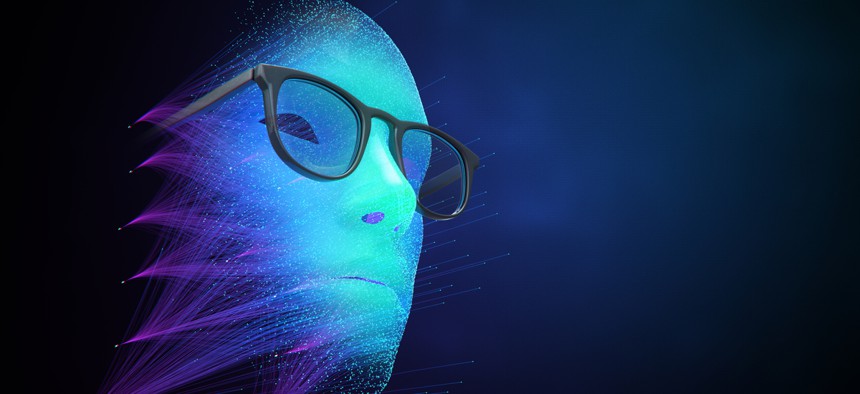FTC to Explore the Promises and Potential Abuses of Voice Cloning Technology

shuttersv/Shutterstock
The agency plans to host a public workshop early next year.
As deepfakes and disinformation campaigns make it increasingly difficult for humans to decipher what’s real from what’s not, the Federal Trade Commission is looking into another emerging outlet that can be similarly used and misused maliciously: voice cloning technologies.
The agency unveiled plans Monday to host a public workshop early next year to examine the promises and potential abuses of the tech, which can be employed to make seemingly flawless reproductions of how real people sound when they speak.
“Advances in artificial intelligence and text-to-speech synthesis have allowed researchers to create a near-perfect voice clone with less than a five second recording of a person’s voice,” FTC officials wrote in the event’s announcement.
As insiders note, the technology offers the potential for positive applications, like being used by the entertainment industry for editing voice actors’ work, or as a tool in health care that enables people who have certain health conditions or tracheotomies to employ text-to-speech systems with voices derived from their previously-recorded audio samples.
However, voice cloning technology can also cause serious problems when applied maliciously.
“For instance, numerous consumers already fall prey to “grandparent scams” (where an elderly person receives a phone call supposedly from a grandchild in distress who needs cash) and phishing scams (where an employee is contacted by a superior and directed to immediately wire funds to a vendor),” FTC officials wrote. “Voice cloning may make it harder for consumers to identify these sorts of social engineering scams.”The agency, which is tasked with protecting consumers from deceptive or unfair business, plans to explore how the technologies are developed and deployed through healthcare, consumer-based, and other applications. Attendees will also examine ethical concerns that arise from the use of cloned voices and the use of speech synthesis in cloning actual peoples’ voices.
The workshop will begin at 12:30pm in Washington D.C. on Jan. 28. The public is welcome and seating will be on a first come, first serve basis. The agency also plans to launch a live webcast of the event.






